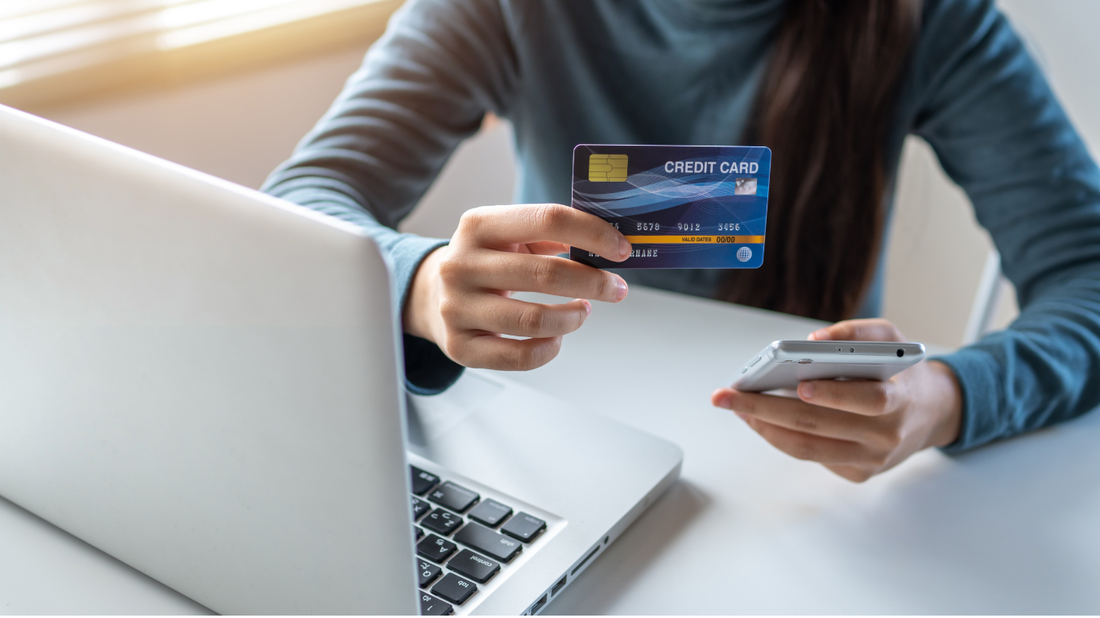Credit Cards: Useful, Dangerous, or Both?

Share
Let’s be real: getting a credit card feels like a big adult move. You walk into a store, swipe a piece of plastic, and boom—you’ve got that thing you wanted. It’s easy. Maybe too easy.
Here’s the truth: credit cards can be useful tools, but they’re designed to make the company money—not help you out.
If you’re not careful, you can slide into debt, ruin your credit, and spend years digging out.
One Rule: Pay. On. Time.
Set an automatic payment, a phone alert, or both. Late payments mean:
- Fees (ugh)
- Sky-high interest (double ugh)
- A ding to your credit score (triple ugh)
And that score matters—it affects whether you can get a car loan, rent a place to live, or qualify for better financial opportunities in the future.
Want to know what not to do with your credit card?
(Hint: two words—cash advance.)
We’ve got the full breakdown in Unsolicited Advice for the High School Graduate and a downloadable guide you can check out right now.
Get the book at Amazon.com
Download the “Credit Cards: Handle With Care” checklist on our Free Resources page
Bottom line: Credit cards aren’t evil, but they are tricky. Learn the rules now so you can make them work for you—not against you.
